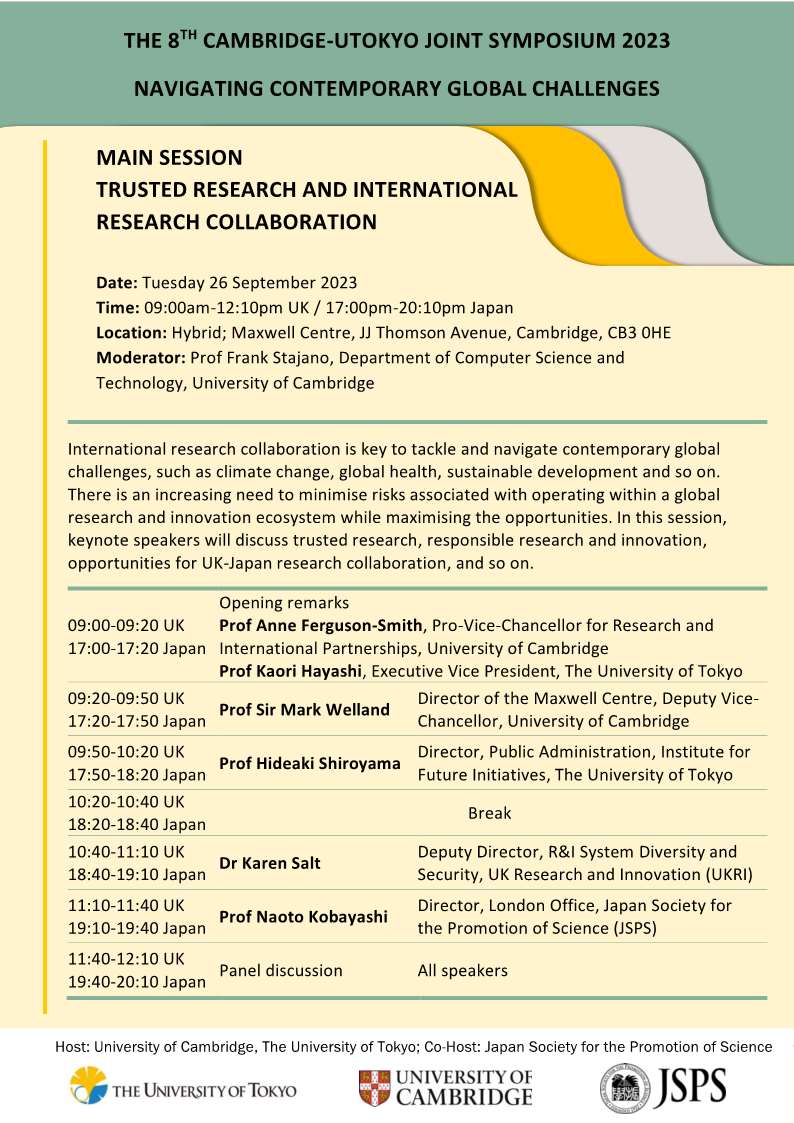Moderator
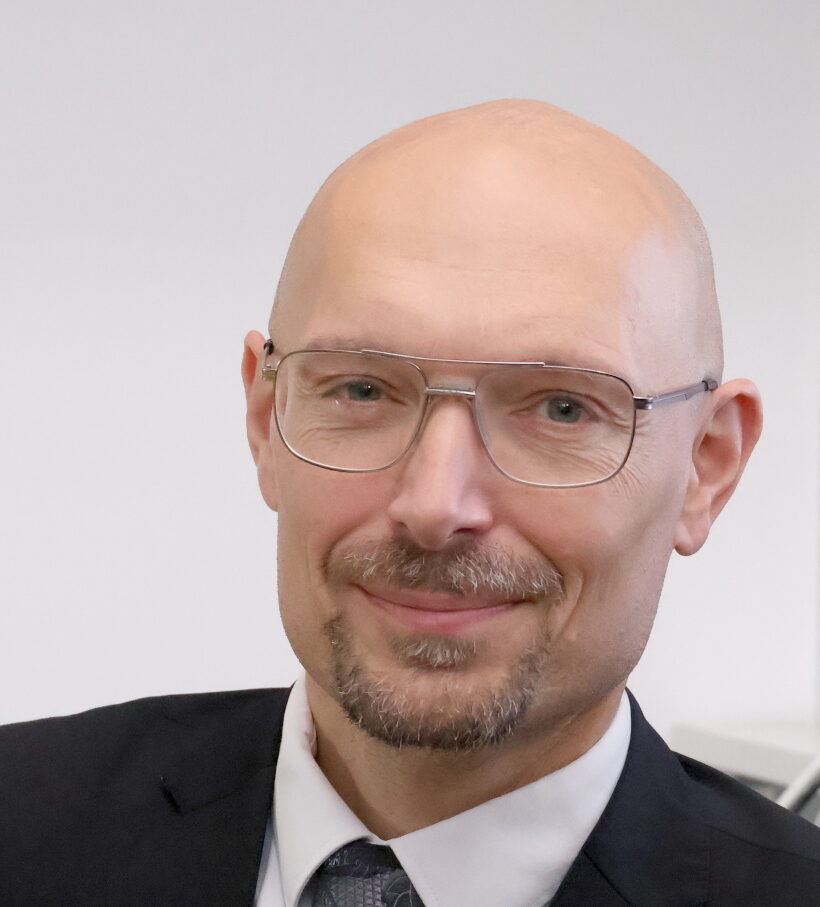
Frank Stajano
Professor
Department of Computer Science and Technology
University of Cambridge
Frank Stajano is a Full Professor at the Department of Computer Science and Technology of the University of Cambridge, where he originally obtained his PhD. He is a Fellow of Trinity College, Cambridge and the Head of the GCHQ-endorsed Academic Centre of Excellence in Cyber Security Research. At Cambridge he has taught a variety of courses spanning the whole spectrum from assembly language, hardware design and computer architecture to digital communications, algorithms and computer security. He loves explaining complex ideas and helping others reach a "lightbulb" moment. A published author and a popular public speaker, he has given invited talks in four continents. He is fluent in three languages. He is a keen practitioner and a licensed instructor of kendo, the Japanese "way of the sword", and he has been leading Tsurugi Bashi, the kendo dojo of the University of Cambridge, for over 20 years. His company, Cambridge Cyber, offers training and penetration testing services. He runs the frankstajanoexplains.com YouTube channel to inspire and mentor enterprising computer scientists.
Opening comments
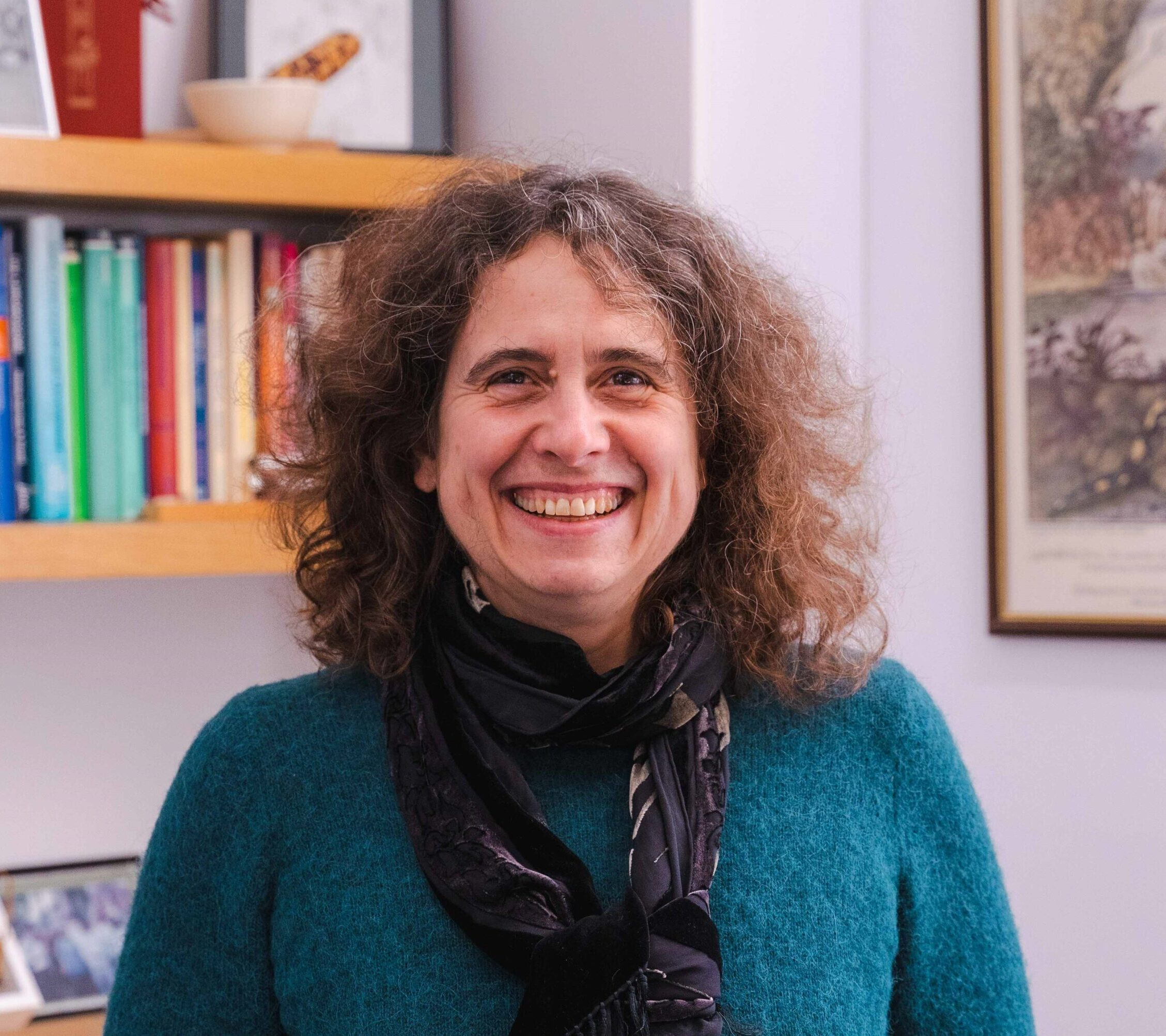
Anne Ferguson-Smith
Pro-Vice-Chancellor for Research and International Partnerships
University of Cambridge
Professor Anne Ferguson-Smith is the Pro-Vice-Chancellor for Research and International Partnerships at the University of Cambridge. She is the Arthur Balfour Professor of Genetics, President of the Genetics Society and a member of the UKRI BBSRC Council. She is a Fellow of Darwin College.
Professor Ferguson-Smith is a mammalian developmental geneticist and epigeneticist. Her team studies the epigenetic control of genome function with particular emphasis on epigenetic inheritance and she is an expert on genomic imprinting.
She was elected to EMBO in 2006, to the UK Academy of Medical Sciences and the Society of Biology in 2012, she was elected a Fellow of the Royal Society in 2017. She has received several awards; most recently in 2021 she was recipient of the Royal Society's Buchanan Medal and the Society for Reproduction and Fertility's Anne McLaren Distinguished Scientist Award. In 2022 she was awarded the Mabel FitzGerald Prize Medal. Professor Ferguson-Smith was recently awarded a Commander of the Order of the British Empire (CBE), as part of the 2023 Kings Birthday Honours List.
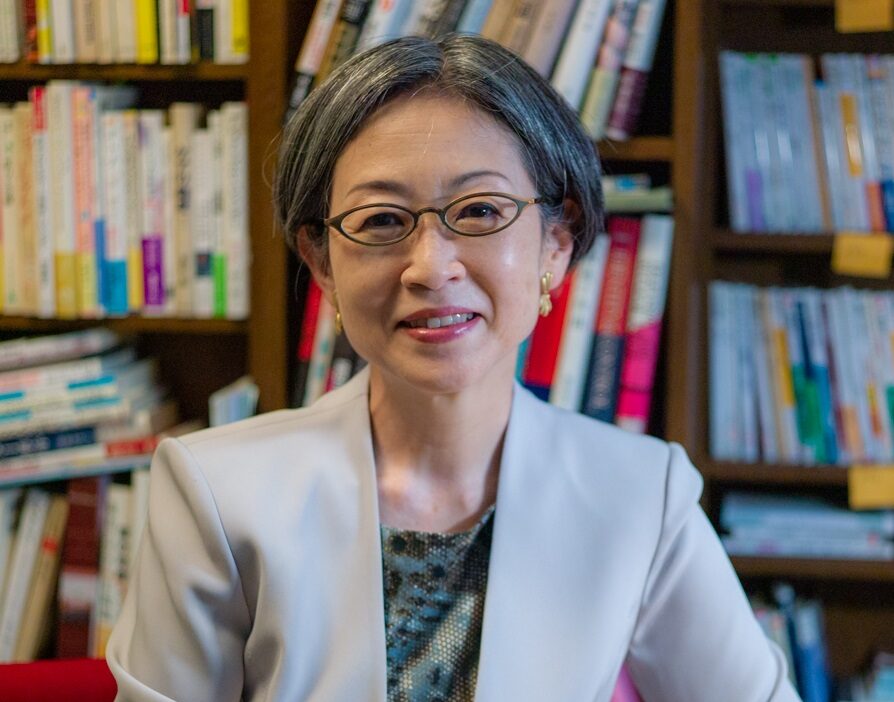
Kaori Hayashi
Executive Vice President
The University of Tokyo
Kaori Hayashi is Professor of Media and Journalism Studies at the Graduate School of Interdisciplinary Information Studies, the University of Tokyo. She is Executive Vice President of the University of Tokyo in charge of global and diversity affairs. She has served as the founding director of the B’AI Global Forum, which was set up within the Institute for AI and Beyond at the University of Tokyo. She is a contributor and columnist for a variety of media including Asahi Shimbun, one of the largest national dailies in Japan. She was a visiting scholar at Goldsmiths in 2017, hosted by the Abe Fellowship at the Social Science Research Council. Her most recent English publications include “The Silent Public in a Liberal State: Challenges for Japan’s Journalism in the Age of the Internet” in The Crisis of Liberal Internationalism. Japan and the World Order. Edited by Yoichi Funabashi and G. John Ikenberry. Brookings Institution Press, 2020, 325-358; “Gendered power relations in the digital age: An analysis of Japanese women’s media choice and use within a global context” in Feminist Media Studies, 2021. McNeill, David and Kaori Hayashi ”Fringe Benefits: Weekly Magazines and Access Journalism in Japan”. The Routledge Companion to News and Journalism. Second Edition, 2022, 442-450. Her co-authored paper “Taking a Break from News: A Five-nation Study of News Avoidance in the Digital Era” received “Bob Franklin Journal Article Award” as well as “2023 Wolfgang Donsbach Outstanding Journal Article of the Year Award” in 2023.
Speakers
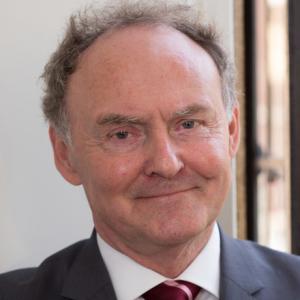
Mark Welland
Professor
University of Cambridge
Professor Sir Mark Welland started his career in nanoscience and nanotechnology at IBM Research Laboratories (Yorktown Heights, USA), where he was part of the team that developed one of the first scanning tunnelling microscopes. In 1985, appointed to a Lectureship in Electrical Engineering at the University of Cambridge, he set up the first tunnelling microscopy group in the UK, and in 1991 he began the Nanoscience Research Group.
Sir Mark established a purpose-built facility at the University of Cambridge, the Nanoscience Centre, which undertakes a variety of nano-related research programmes of an interdisciplinary nature. This was the base for the Interdisciplinary Research Collaboration (IRC) in Nanotechnology of which Sir Mark was the Director, and whose highly successful legacy has been far reaching. He established the Science and Technology Research Centre at the American University in Cairo, Egypt, that he co-directed from 2003 to 2010, and from 2008 to 2012 was for the UK, the International Principal Investigator of the $100M World Premier Research Institute in nanomaterials based in Tsukuba, Japan.
From April 2008 until May 2012, Sir Mark was Chief Scientific Adviser to the UK Government Ministry of Defence. Sir Mark was Head of Electrical Engineering from October 2015 to September 2018, has been Head of the Nanoscience Centre since 2012, has been Master of St Catharine’s College since October 2016, was elected a Deputy Vice-Chancellor October 2018 and is Special Adviser to the Vice-Chancellor on China. He was appointed Director of the Maxwell Centre 1st January 2019.
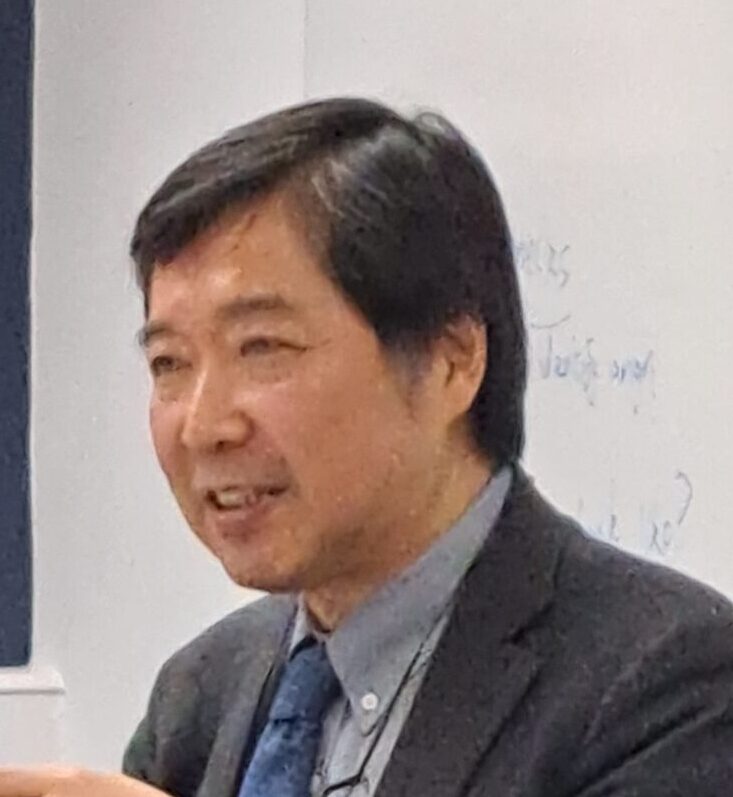
Hideaki Shiroyama
Professor
Graduate School of Public Policy
Graduate Schools for Law and Politics
Public Administration at the Institute for Future Initiatives (Director)
The University of Tokyo
Hideaki SHIROYAMA is a Professor of Public Administration at the Institute for Future Initiatives (Director), the Policy Alternatives Research Institute (Ex-Director), the Graduate School of Public Policy (the former Dean), and the Graduate Schools for Law and Politics, The University of Tokyo. His research focuses on international administration, science, technology and public policy, and public policy process. His publications include Transformation of Political Space and Policy Innovation 1 Political Theory of Policy Innovation (University of Tokyo Press, 2008), The Structure of International Aid Administration (University of Tokyo Press, 2007), Governance of Science and Technology (Toshindo, 2007),“The Harmonization of Automobile Environmental Standards between Japan, the United States and Europe” in Pacific Review vol. 20-3, “Administrative Reorganization and Public Sector Reform in Japan” in The Public Sector in Transition: East Asia and the European Union Compared (Nomos, 2007), “Technology Innovation and Diffusion for Environmental Protection,” in Energy Market Restructuring and the Environment (The University Press of America, 2002).
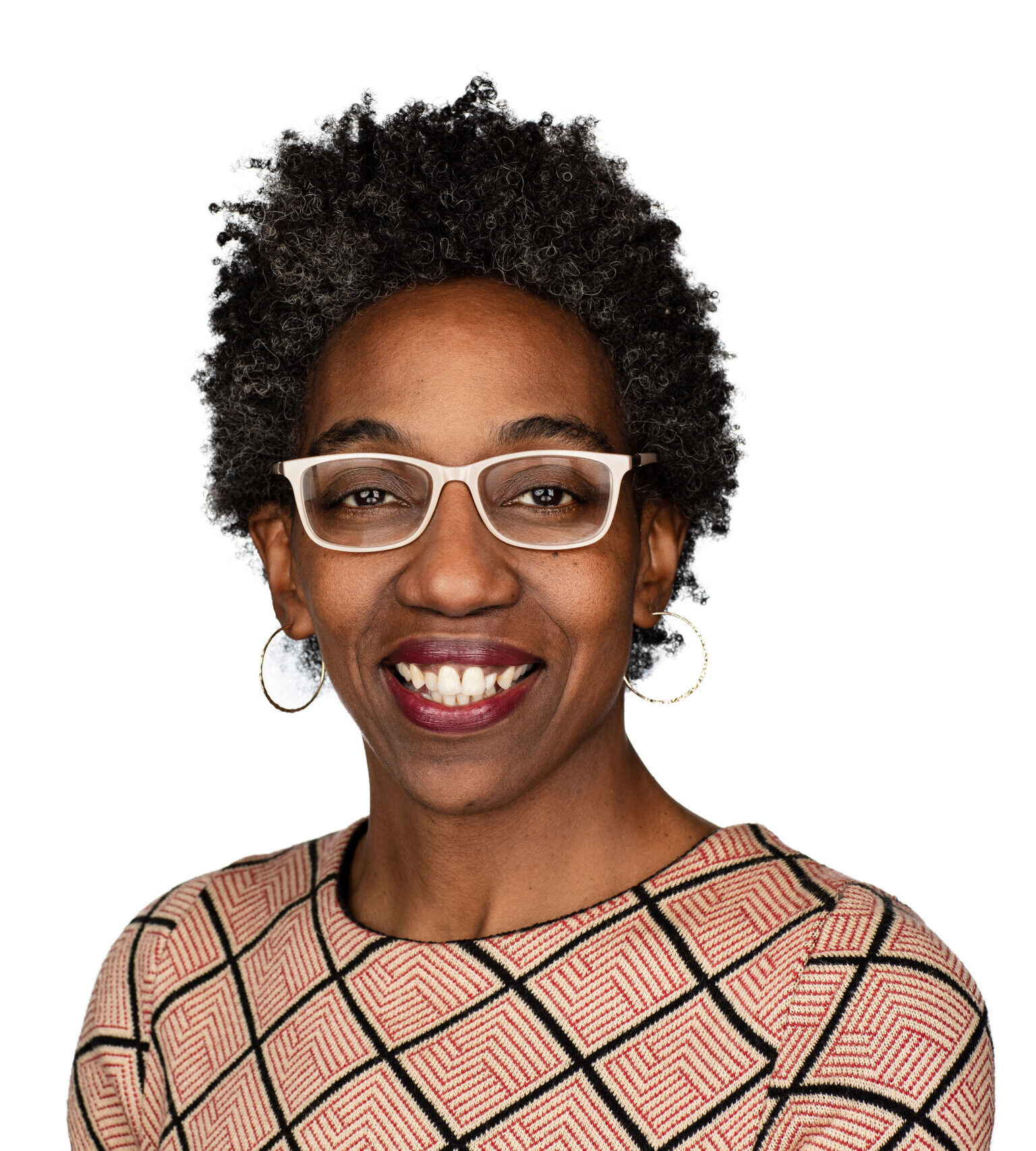
Karen Salt
Deputy Director of R&I System Diversity and Security
UK Research and Innovation (UKRI)
Dr Karen Salt is an expert on governance, systems and transformative change. She is currently the Deputy Director of R&I System Diversity and Security within UK Research and Innovation (UKRI), the UK’s largest public funder of research and innovation. She drives UKRI’s cross-organisational strategic thinking and policymaking on system diversity and Trusted Research and Innovation. She has led and managed interdisciplinary research centres, collaborative research teams and large research projects, including those focused on producing evidence-informed interventions and policies. A sought after thought-leader and speaker, Salt works closely with leaders across Government, academia, civil society and industry and contributes to numerous international initiatives focused on research security, inclusive policymaking and responsible innovation.
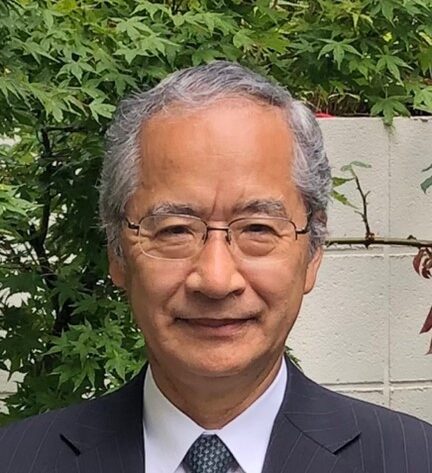
Naoto Kobayashi
Director, London Office
Japan Society for the Promotion of Science(JSPS)
Prof. Naoto Kobayashi received his B.S. degree in Physics (Photonics) in 1973, M. Eng. degree in Nuclear Engineering in 1975, and Ph.D. degree in 1978 from Kyoto University in Japan. In 1978, he joined the Electrotechnical Laboratory (ETL), MITI (Ministry of International Trade and Industry). He was engaged in research on semiconductor materials, quntum beams and photonic devices. In 2001, he became Director of Photonics Research Institute of the National Institute of Advanced Industrial Science and Technology (AIST). From 2003 to 2009 he was Vice President of AIST. He had been Professor (since April 2009) and Director (since September 2018) of Center for Research Strategy (CRS), Waseda University. He also served as Deputy Dean of Research Council of Waseda University since September 2016, performing research of photonics and semiconductor materials and management for research strategy and evaluation. He became Advisor and Professor Emeritus of Waseda University in April 2020. He is currently Director, London Office of Japan Society for the Promotion of Science (JSPS) since 2021. His publications include “Nanotechnology”(1988), “New optical device technologies for ultrafast OTDM systems” (2005) and “Innovative Field”(2018).

